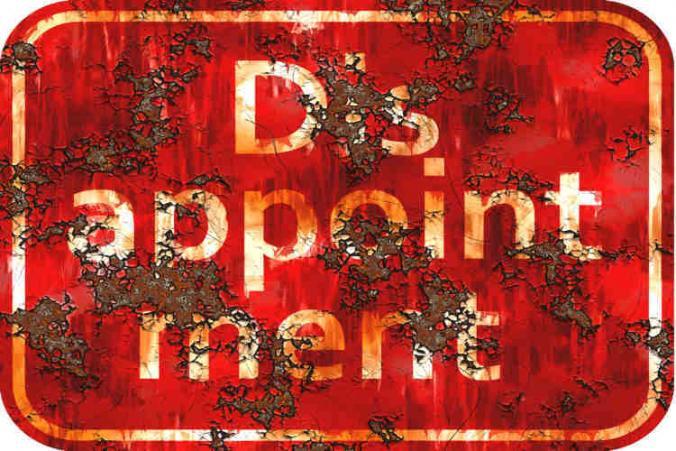I’m often asked if injured workers can collect unemployment benefits while their workers’ compensation claim is open. In general, the short answer is – usually no. Injured workers cannot collect unemployment benefits and time-loss compensation benefits at the same time. Unemployment benefits are for individuals who are willing and able to work but are unable to get a job. Time-loss compensation is for people who are unable to work because of work injuries or occupational diseases.
Examples when injured workers can collect unemployment benefits
There are some circumstances whereby injured workers can collect unemployment benefits. The best example I can think of is when an injured worker is declared as capable of working but haven’t obtained a job yet. Usually, once a vocational counselor determines that an injured worker can return to work, then time-loss compensation benefits are immediately terminated. However, finding that an injured worker can return to work doesn’t mean they have a job to return too. When this happens, unemployment benefits can be a saving grace. They can provide the injured worker with some income and access to job search resources through WorkSource.
The takeaway
In summary, it is important for injured workers to know they cannot simultaneously collect unemployment and time-loss compensation benefits. However, under certain circumstances, it is fine to collect unemployment benefits. For example, when searching for a job or for options to return to work after an industrial injury or occupational disease. Additionally, WorkSource can provide many useful resources. These resources include help writing a resume, searching for available positions and work opportunities, and others.


